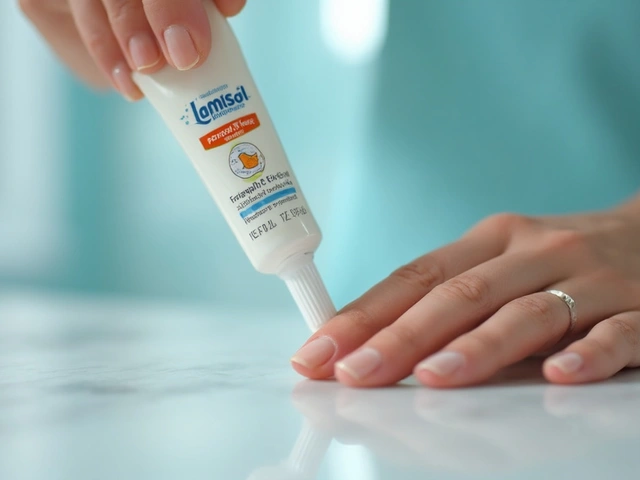Dietary Supplements: What You Should Know
If you've ever wondered whether dietary supplements are worth it, you're not alone. People often turn to supplements for a quick health boost, to fill nutrient gaps, or to target specific issues like immune support or skin health. But what exactly are they, and how can you make sure you're getting something safe and effective?
Dietary supplements come in many forms—pills, powders, liquids, and even gummies. They include vitamins, minerals, herbs, amino acids, and enzymes. For example, kiwi supplements have gained attention for their vitamins and antioxidants that support immune health and digestion. But it's crucial not to treat supplements as a magic fix; they're meant to complement, not replace, a balanced diet.
Choosing the Right Supplements
Picking the right supplement depends on your personal health needs. Say you want to boost your vitamin C intake—you might try a kiwi or other fruit-based supplement. Or if your focus is joint health, you might consider glucosamine or fish oil. Before starting any new supplement, think about your diet, lifestyle, and any medical conditions. It's always a good idea to chat with your healthcare provider, especially if you're on medication or pregnant.
Staying Safe with Supplements
Just because supplements are available without a prescription doesn't mean they're all safe or beneficial. Not all products are created equal—quality varies widely based on where and how they're made. Check for reputable brands that use third-party testing to verify what’s in the bottle. Also, be cautious about taking high doses; more isn’t always better and can sometimes cause harm or interact poorly with medications.
Remember that supplements can have side effects or interact with prescriptions, even natural ones. For instance, some herbal supplements can thin the blood or affect liver function. Do your research and keep an eye out for any unusual symptoms once you start taking something new. Your health is unique—what works for one person may not be right for you.
In the end, dietary supplements can be a helpful part of your health routine when chosen wisely. Use them to support your body, not as a shortcut. By understanding what each supplement does and keeping safety in mind, you can make smarter choices that actually benefit your well-being.
How to Share Over-the-Counter and Supplement Use Accurately with Your Provider
By Lindsey Smith On 20 Dec, 2025 Comments (8)

Accurately sharing your over-the-counter meds and supplement use with your provider prevents dangerous interactions. Learn what to disclose, how to document it, and why your doctor might not ask-so you can stay safe.
View MoreXanthan Gum in Supplements: Benefits, Safety, and How to Use It (2025 Guide)
By Lindsey Smith On 27 Aug, 2025 Comments (18)

What xanthan gum does in supplements, how to use it, safety, doses, and smart swaps. Clear steps, UK/EU labels (E415), and evidence-backed tips.
View MoreWater Hemlock Dietary Benefits: Fact vs Fiction in Supplements
By Lindsey Smith On 6 May, 2025 Comments (11)

What if the most poisonous plant in North America got hyped as the next super supplement? This article dives deep into water hemlock, exploring its deadly nature, why it’s showing up in supplement conversations, and why caution beats curiosity. Get eye-opening facts, smart safety tips, and a reality check on natural wellness claims before you even think about adding water hemlock to your daily routine.
View More




